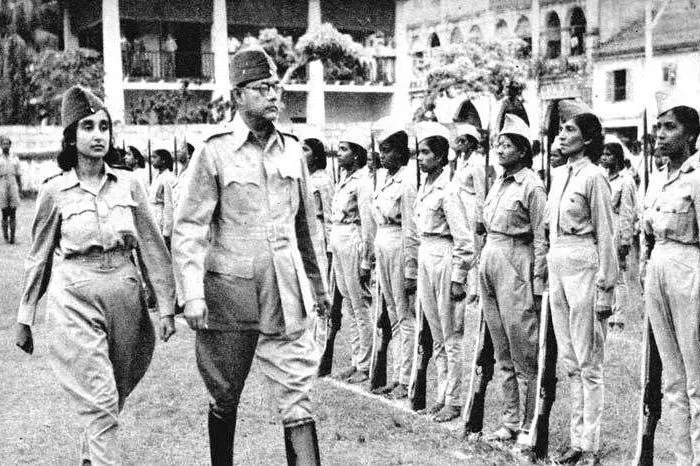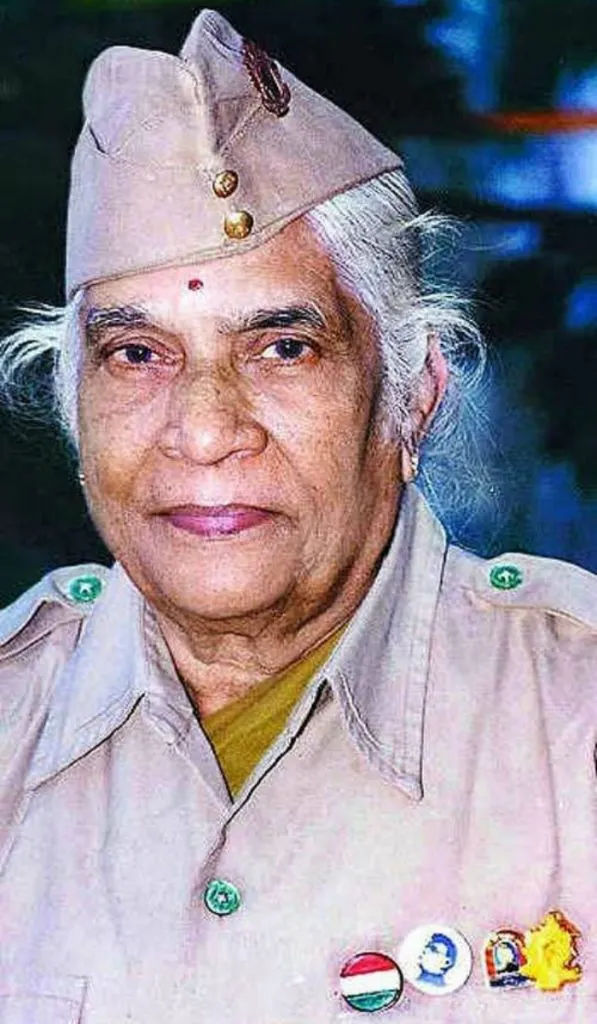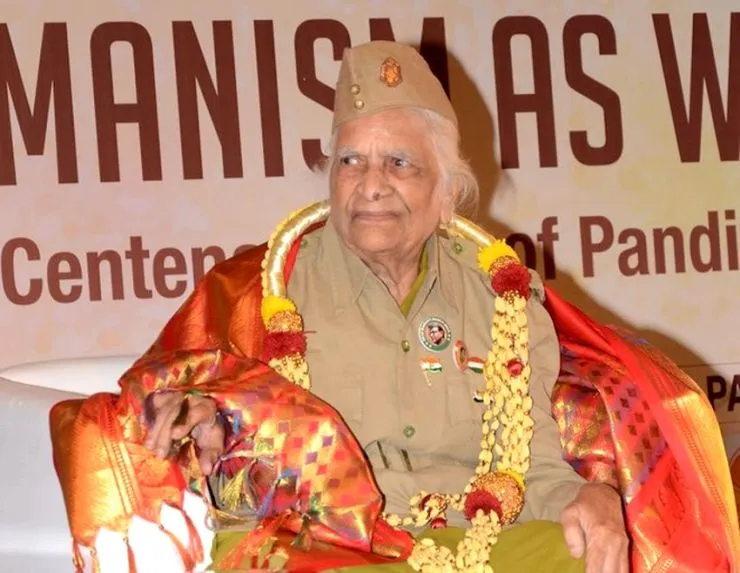Saraswathi Rajamani, youngest spy in Netaji's army turns 90
At the age of 15, she joined the Rani Laxmi Bai regiment of the Indian National Army and spent two years as a covert agent, fighting against the British.

In 1937, 10-year-old Rajamani was honing her shooting skills when she vowed to shoot at least one British officer in her life. Five years later when Netaji Subash Chandra Bose asked for a ‘death defying regiment’ to build the world’s first women army, she knew this was her calling. At the age of 15, she was probably the youngest woman to join the Rani Laxmi Bai regiment ready to shed blood for the cause of freedom, just as Netaji had asked.
Standing up to the Mahatma
Hailing from Tamil Nadu, Rajamani’s family had settled in Burma to evade arrest for actively supporting the freedom struggle. Brought up in a household which was much ahead of its time meant she did not have to endure the social constraints usually imposed on a girl. As a result, she learnt to shoot when she was just 10 years old.
One day, Gandhi visited her house in Rangoon and found her practising shooting. He had embraced non-violence by then and tried convincing Rajamani to do the same. But she wasn’t moved as she believed violence was essential to punish the oppressors. In her words: “We shoot and kill the looters, don’t we? The British are looting India, and I am going to shoot at least one Britisher when I grow up.”

A few years later, when Netaji visited Rangoon to collect funds for the war, Rajamani gave away all her jewellery for the cause. Assuming that the teenage girl had given all that she owned by mistake, he came to her house to return the jewelry to her father. But both the father and daughter declined.
That is when Netaji met Rajamani for the first time and she surprised him with her determination and wisdom. Hence he gave her the title Saraswathi (for her wisdom) and since then, she came to be known as Saraswathi Rajamani.
Becoming a Rani in Netaji’s army
In 1943 when Netaji started the Rani Laxshmibai regiment with Lakshmi Sehgal (born Lakshmi Swaminathan) as its head, Saraswathi Rajamani wanted to join. At that time, not all the women joined the army because they were passionate to fight for India. For some, the Indian National Army was just a safe place to be to escape poverty, hunger, sexual exploitation and social discrimination.
Rajamani joined the army despite coming from one of the wealthy families in Rangoon implying that she joined the fight for an independent India. She was one of the few women of her time who was socially aware and wanted to contribute towards what she believed in.
So without much hesitation, Bose recruited her in the INA as a covert agent or spy. For two years she worked as Rani in covert operations intercepting military intelligence from the British Raj.

As the world’s first all-women army, the Rani Laxmi Bai regiment was an important contribution of Bose in the historical struggle towards attaining gender equality. Yet, ironically, the young women who wanted to join the regiment and become Ranis were expected to obtain approval from their father or husband in the form of signatures.
Read More:
Freedom, at what cost? Jawans and martyrs’ families speak up
How the British East India Company managed to colonise India for nearly 200 years
‘He went mad after he woke up’- experiences of black terror in Andaman’s ‘Kala Pani’ jail
Getting shot by the Britishers
While working as a spy, Saraswathi Rajamani had to rescue one of her colleagues who was caught by the British. She entered the British camp, drugged them and rescued the spy. Though she was successful in her attempt, she was shot in the leg while escaping. The bullet wound left her with a limp which she carries till today.
Occasionally, she used to dress up as man along with her female colleagues while gathering intelligence and her name was Mani during those times.
For her act of bravery, she was given a medal and made Lieutenant in the Regiment.
After Netaji disbanded the army, she came to India with her family and lived in poverty as they had given away all their wealth to the war.
In 2005 the then Chief Minister of Tamil Nadu, J. Jayalalitha allotted her a house where the 91-year-old lives today with fond memories of her kaku (Netaji) and his photos adorning the wall.
Enter the SocialStory Photography contest and show us how people are changing the world! Win prize money worth Rs 1 lakh and more. Click here for details!







